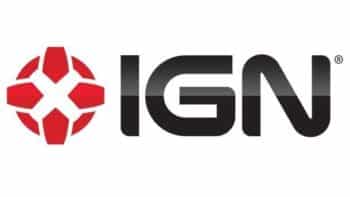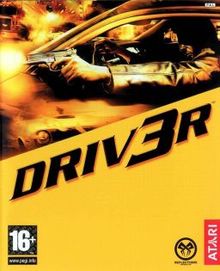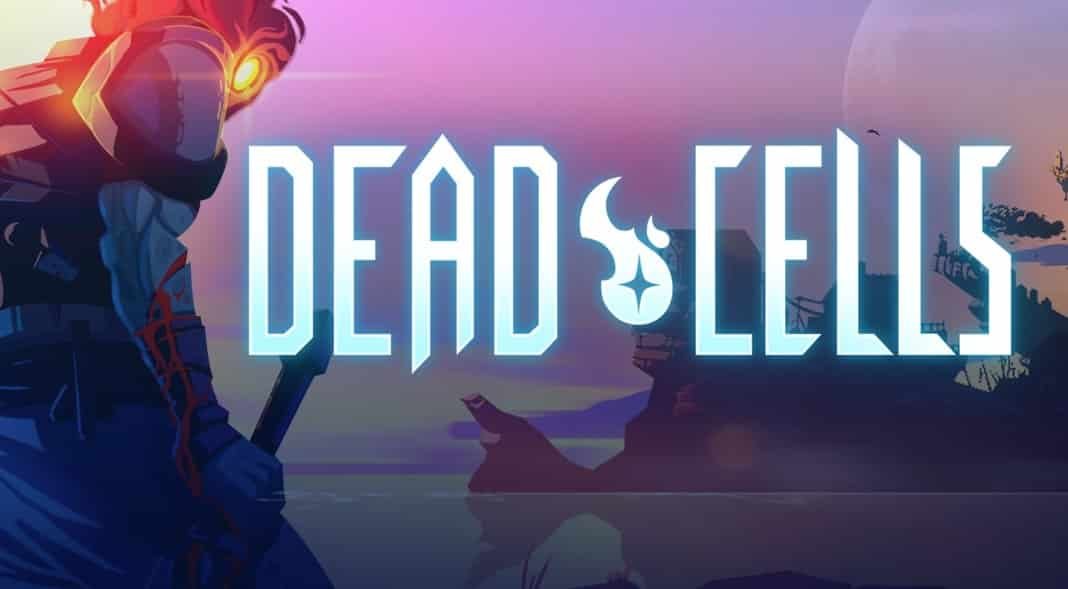The IGN Plagiarism Scandal
An odd tale of plagiarism and video game journalism...
 Earlier this week, the YouTube channel Boomstick Gaming posted a video (embedded below) in which it made the rather grand claim that IGN, one of the best-known video game journalism websites, had plagiarized its review.
Earlier this week, the YouTube channel Boomstick Gaming posted a video (embedded below) in which it made the rather grand claim that IGN, one of the best-known video game journalism websites, had plagiarized its review.
However, it backed up that grand claim with equally grand evidence.
At specific issue was IGN’s review of the new video game Dead Cells, which was done by their Nintendo editor Filip Miucin. According to the video, much of the language from Miucin’s video review, posted August 6th, was taken from his review of the game, posted on July 24.
Though the intent of Boomstick Gaming’s video was to ask “What do I do?”, the internet took care of the issue for him. His video quickly went viral, climbing to the top of Reddit, and soon thereafter got mainstream media attention.
This resulted in a response from IGN, in which they quickly removed the video and conducted an investigation. Just a day after Boomstick’s comparison video went live, IGN “parted ways” with Miucin over the incident.
Though the swift and decisive response seems to have brought an end to the scandal there are still a lot of unanswered questions. Perhaps the biggest of which is simply: Why?
A Strange Case of Plagiarism
 In an odd way, the case bears some resemblance to the 2006 plagiarism scandal involving the young adult author Kaavya Viswanathan. In that case, there was an accusation from the Harvard Crimson that Viswanathan’s book How Opal Mehta Got Kissed, Got Wild, and Got a Life had passages similar to previous works by Megan F. McCafferty.
In an odd way, the case bears some resemblance to the 2006 plagiarism scandal involving the young adult author Kaavya Viswanathan. In that case, there was an accusation from the Harvard Crimson that Viswanathan’s book How Opal Mehta Got Kissed, Got Wild, and Got a Life had passages similar to previous works by Megan F. McCafferty.
Initially, the case only dealt with half dozen or so phrases so the similarities could be easily dismissed. However, as more and more were discovered, the allegations became more difficult to ignore and Viswanathan eventually lost her lucrative book deal.
The case here is somewhat similar. It would be trivial to dismiss any one or two of the overlaps between the two reviews. Two reviewers talking about the same game are bound to say some similar things. Instead, it’s as the overlaps pile up that they become more difficult to ignore.
However, what’s as interesting as what’s copied is what is believed to be original. For his review of the game, Miucin had to write a text review, record video for a video review and write/read text for the video portion. However, it’s only the latter that’s been accused of plagiarism at this time.
Though plagiarism, much like creativity, doesn’t always follow the laws of logic, this is still an unlikely place for an established and respected journalist to commit their first plagiarism. This makes the question of “Why?” incredibly important, even if it’s one we’ll likely never get an answer to.
Still, one thing we can do is look at IGN’s action and how this story fits into the larger dynamic of video game journalism.
Video Game Journalism: A Checkered History
 Video game journalism has long struggled to maintain or improve its reputation. For as long as there has been video games and video game journalists there have been allegations that the video game industry is too close to the those tasked with covering and reviewing it.
Video game journalism has long struggled to maintain or improve its reputation. For as long as there has been video games and video game journalists there have been allegations that the video game industry is too close to the those tasked with covering and reviewing it.
This has been furthered by scandals such as the Driv3rgate scandal of 2004 and the Dorritogate scandal of 2012. This relationship is fostered in smaller ways by journalists eager to get information and early copies of games for review but also by video game companies who often have their bonus amount tied to their review score.
As Kotaku pointed out in 2012, faith in video game journalism simply is not very high among many members of the public. Though all journalism has its critics, video game journalism clearly has unique challenges when it comes to the perception of integrity.
That makes IGN’s response to this story especially important. Though a plagiarism scandal may not be of the same caliber as the ones above, it is still a test of IGN’s handling of integrity issues.
To that end, IGN did about as well as could be reasonably expected. They pulled down the review immediately, investigated the case and then parted ways with Miucin the very next day. It was a strong and decisive action that brought a swift resolution to the case.
The only further thing that they can and should do is investigate his previous work. As with the Jonah Lehrer story, when a plagiarism is discovered it is important to make sure that it is the only one. In Lehrer’s case, the first rumblings opened up a floodgate of plagiarisms and fabrications, it’s important to ensure that it is not the case here.
Beyond that, there’s not much else IGN can do or should have done. Plagiarism checking likely wouldn’t have found the overlaps because both the original and duplicate were in video format. There’s simply no engine that detects these kinds of similarities right now.
So, while it’s always a good idea to make plagiarism detection part of the editorial process, this is one time it wouldn’t have helped.
In the end, IGN did about as well as it could and the entire video game journalism community is better for it.
Bottom Line
Though the case certainly has its bizarre elements and IGN did the best that they could to handle it and protect both their reputation and the reputation of video game journalism. As long as Miucin doesn’t quickly find another job in the industry, as Benny Johnson did, the story will likely end here.
In the end, Miucin’s damage is likely minimal thanks to IGNs efforts and that minimized damages includes the damage to Miucin’s reputation. While it would be unwise for him to quickly land another job at a different publication right away, if this is an isolated incident, he may still have a future in journalism.
Though plagiarism is a very serious issue for the industry, others who have done far worse have re-entered the field.
When the time is right, it’s very likely Miucin can make a return and not raise any eyebrows.
If he does, hopefully, this is a lesson well learned.
Want to Reuse or Republish this Content?
If you want to feature this article in your site, classroom or elsewhere, just let us know! We usually grant permission within 24 hours.
